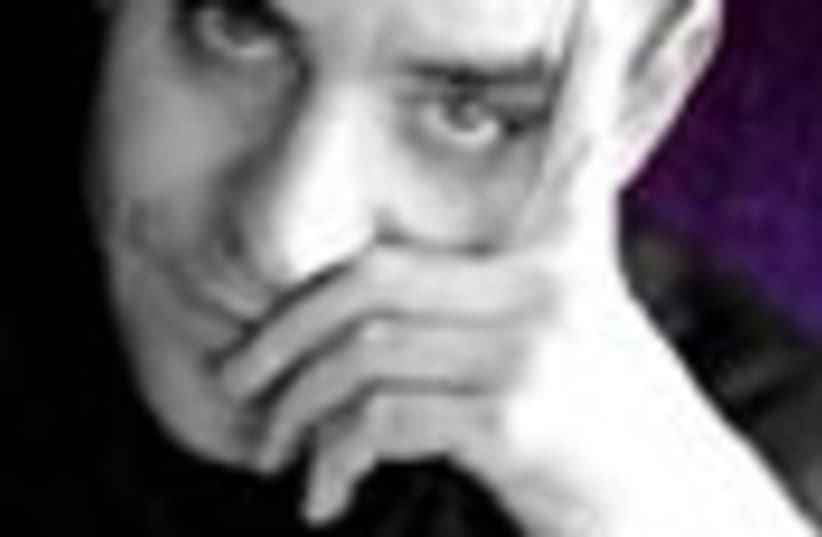| More about: | Barbara Bush, Count Basie, Good Morning America, The New York Times |
The melancholic comic
New Yorker David Rakoff spins a brand of hilarious, acerbic 'non-humor' all his own.


| More about: | Barbara Bush, Count Basie, Good Morning America, The New York Times |